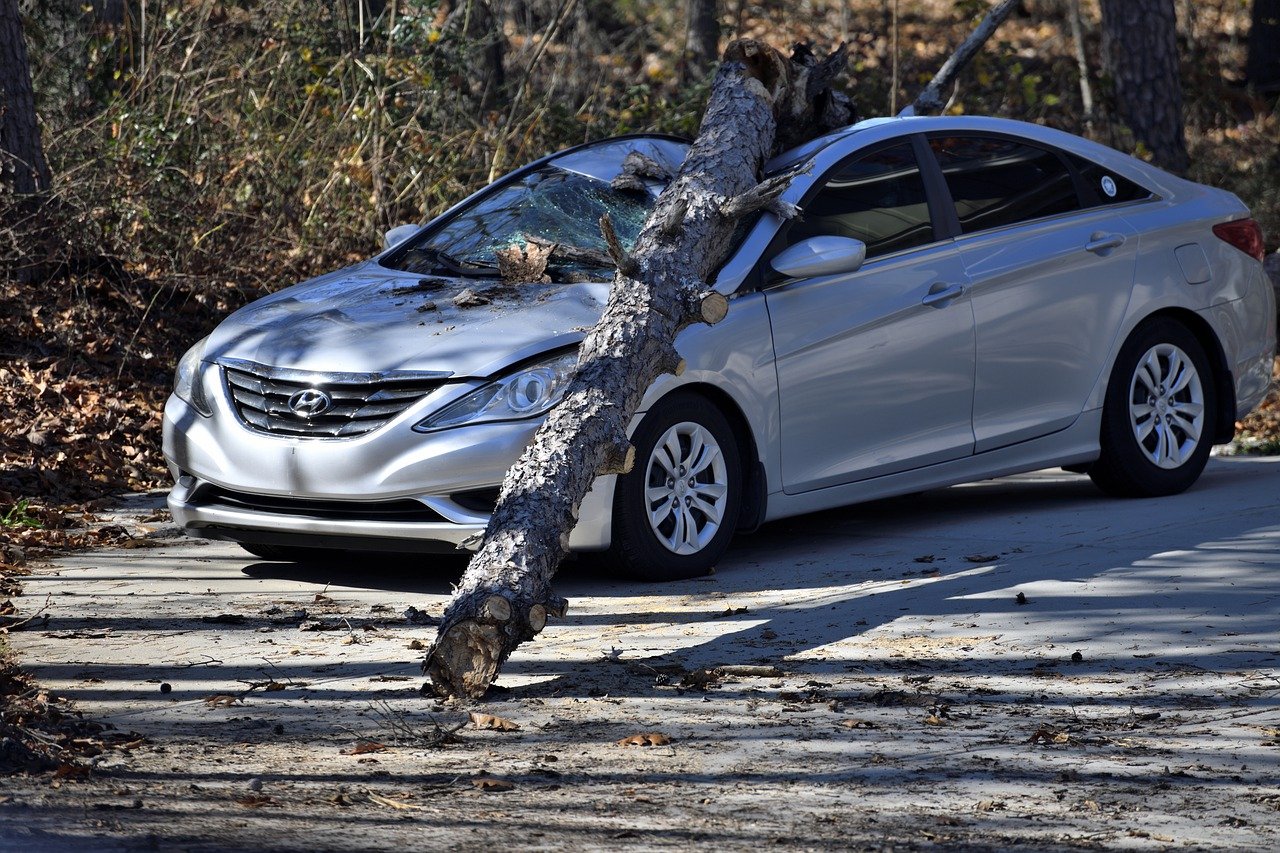Trees are a great landscape feature, providing beauty, shade, a windbreak, and other benefits. But what if a tree falls on your property, or a large limb crashes down on your car? Will your Florida homeowners policy cover the damage?
Does homeowners insurance cover tree damage?
Since homeowners insurance protects your belongings, the structure of your home, and other structures on your property, it’s likely that if a tree falls on your home and damages it, as long as the tree damage is “sudden and accidental” and not stemming from negligence, then yes, your homeowners insurance will likely cover damage to your home.
If a tree falls on your car, your auto insurance will pay for repairs if you have comprehensive coverage (the “comp” part of comp and collision).
What if it’s your neighbor’s tree?
In general, if your home is the one with the damage, you would make a claim on your own homeowners insurance (and vice versa if one of your trees falls on your neighbor’s home). However, if it’s clear that your neighbor was negligent and didn’t remove a dead or diseased tree in a timely fashion, you or your insurance company may be able to make a claim against your neighbor’s insurance. It’s not easy to prove negligence, though.
Maintain friendly relationships with your neighbors, and discuss any concerns you have about their trees before they become a problem. And be sure to keep your own trees properly maintained.
If you find that your neighbor is unwilling to cooperate, you may want to put your concerns in writing. That way if the tree does damage your property, you or your insurance company may be able to recover at least part of the cost of repairs.
Tree maintenance
As a homeowner, it’s your responsibility to frequently inspect and maintain your trees, especially after a storm or heavy winds. Keep trees properly trimmed, and remove any that are dead, diseased or leaning and that could fall and damage your property or your neighbor’s. You may want to hire a certified tree expert to inspect your trees for disease, and/or trim them.
What about tree removal?
If a tree falls on and damages your home, the cost of the tree and debris removal would be covered up to policy limits as part of the damage claim. It would also likely be covered if a tree blocks your driveway or blocks a handicap access ramp. If the tree simply falls into the yard but doesn’t damage or block anything, the expense of removing it wouldn’t be covered.
If a neighbor’s tree falls into your yard, you’re still responsible to pay to have it removed, but you may be lucky enough to get your neighbor to split the cost of removal—especially if you’ve developed a good relationship with them. (And remember to be willing to do the same thing if one of your trees falls into their property!)
When to file a claim…and when not to
If the damage to your property is major—say the tree has destroyed a section of your roof—you will want to file a claim with your homeowners insurance. However, if the damage to your property is minor and likely won’t be more (or much more) than your deductible, you may not want to file a claim. Filing small claims is often not worth it in the long run, since you may lose discounts for not having any claims for a certain length of time.
Insurance for your most valuable asset
As a Florida homeowner, making sure you have homeowners insurance to cover your most valuable asset should be one of your top priorities. L & M Insurance Group is an independent agency committed to helping our clients find the most cost-effective coverage for their individual needs. We’ll help you navigate the Florida homeowners insurance market to find a policy that’s right for you. Please call us at 813-672-4100 or contact us online for a homeowners insurance quote. We also write auto insurance, commercial insurance, and life insurance—please give us the chance to earn your business!




